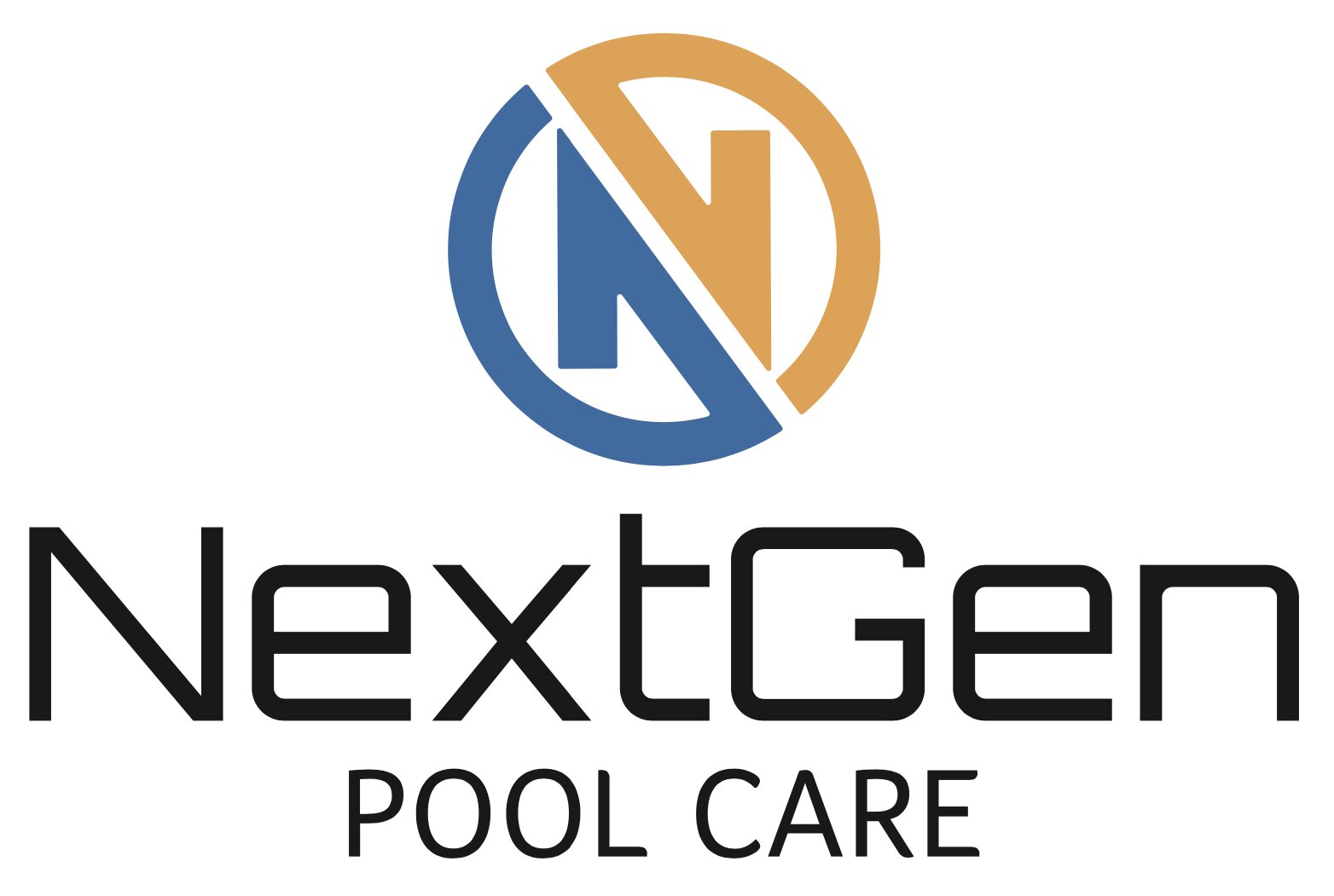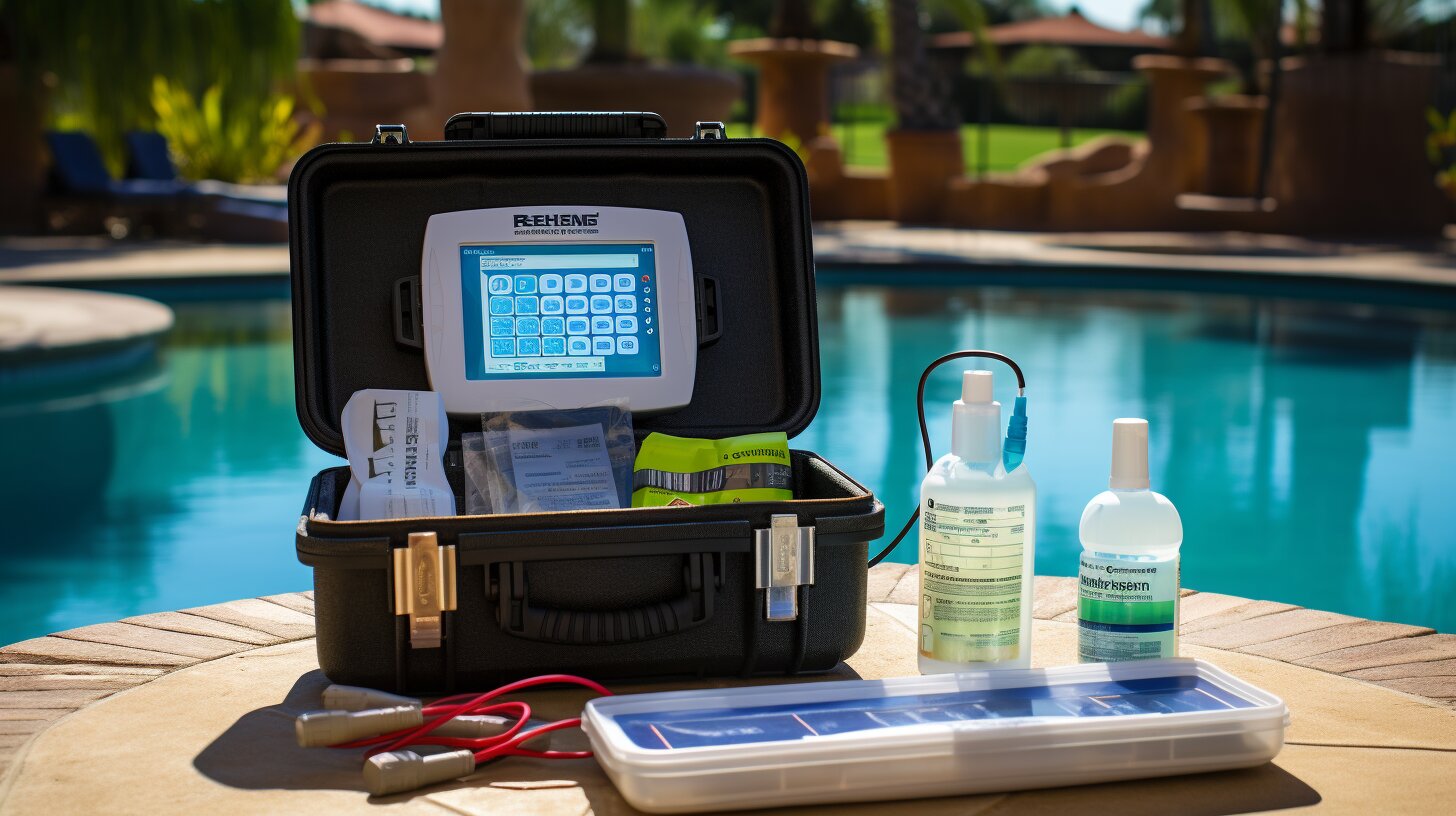The foundation of a healthy and inviting pool lies in its water chemistry. Balanced pool water is essential for the longevity of your pool, the safety of swimmers, and the clarity of the water. Achieving this balance can seem like a complex science, but with a few key tips and insights, any pool owner can become proficient in managing their pool’s chemistry.
The Importance of Pool Water Balance
Water balance is the cornerstone of pool care. It refers to the levels of pH, alkalinity, and calcium hardness in your pool. Keeping these within the recommended ranges prevents corrosion, scaling, and other issues that can arise from imbalanced water. A well-balanced pool also ensures that sanitizers such as chlorine work effectively, keeping your water clean and clear.
Testing Your Pool Water
Frequent water testing is the first step to maintaining perfect water balance. Reliable pool test kits are indispensable tools for every pool owner, allowing you to measure pH, alkalinity, and sanitizer levels easily. For even more precise readings, digital water testers or taking a sample to a local pool service for professional testing can provide the utmost accuracy.
Regulating pH Levels
pH levels, which indicate how acidic or basic your pool water is, should ideally be between 7.4 and 7.6. High pH can lead to scaling and cloudy water, while low pH can corrode pool equipment and irritate the skin. To adjust pH levels, you can use pH increasers or decreasers as needed, based on your water test results.
Maintaining Alkalinity
Total alkalinity acts as a buffer for pH, helping to keep it stable. The recommended range for total alkalinity is between 80 and 120 parts per million (ppm). If alkalinity is too low, you may find pH levels fluctuating widely, and if it’s too high, it can cause pH to resist adjustment.
Managing Calcium Hardness
Calcium hardness should be kept between 200 and 400 ppm to prevent damage to the pool surface or equipment. Low calcium levels can lead to etching and staining, while high calcium can cause scale formation. Adjustments can be made by adding calcium hardness increasers or by diluting the pool water if the calcium level is too high.
Stabilizing Chlorine
Chlorine is commonly used to sanitize pools, but it needs to be stabilized to prevent it from being broken down by sunlight. Cyanuric acid is a stabilizer that helps maintain chlorine levels, with ideal concentrations ranging from 30 to 50 ppm.
Conclusion
Understanding and maintaining pool chemistry is a skill that every pool owner should master. By routinely checking and adjusting the chemical levels of your pool, you ensure a safe, comfortable, and visually pleasing swimming experience. NextGen Pool Care is your partner in achieving perfect water balance, providing the guidance and services to keep your pool in top condition. Visit our blog for more tips on pool care, and contact us for professional pool maintenance services designed with your pool’s health in mind.

